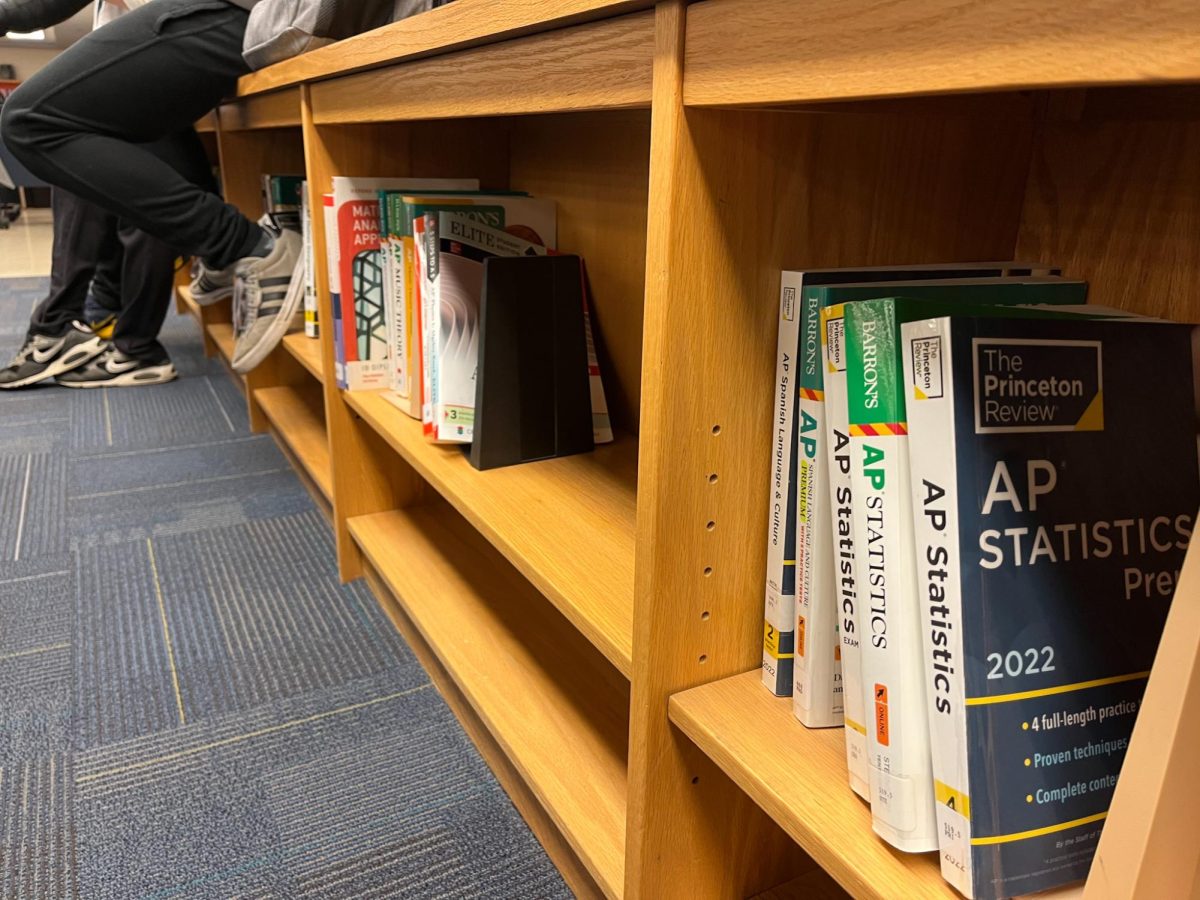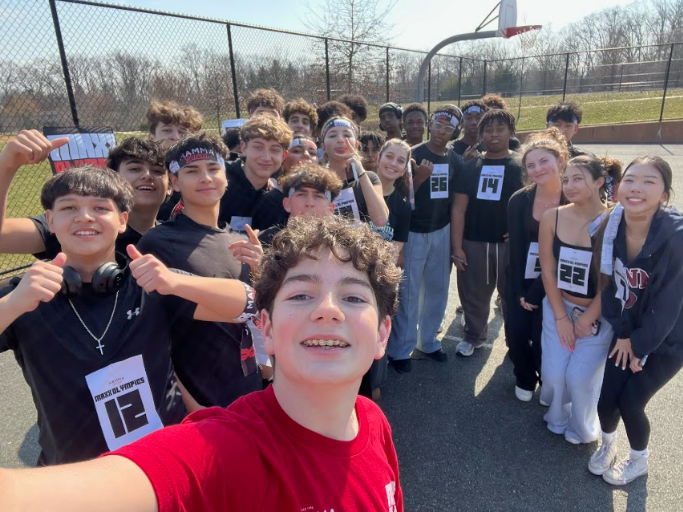There is nothing fun to do when a snowstorm and power outage leave you stuck at home on a Saturday night with your parents, preventing you from watching TV or playing a video game, right? Wrong. When your technology entertainment options are gone, your night does not have to be boring.
There are plenty of technology-free fun activities out there. A recent CHS survey of 92 students found that students have been playing board games, hide and seek, house tag, imaginary games and cards, and building forts, jumping rope, and even attempting to complete puzzles.
It seems that CHS students aren’t alone. According to a Fortune Magazine article posted on CNNMoney.com, board games are back in demand. The current recession has helped board games come out from behind the shadow of video games. Playing an $18 game of Life is cheap compared to the $40 it would cost for four people to go to the movies.
“I play board games because they are a fun activity for lazy people,” sophomore Marisa Bruno said. “If it’s late at night, I’m in my pajamas and I don’t want to go outside and run around, but I don’t just want to watch TV, playing a board game is the perfect thing.”
The CHS survey showed that 66 percent of the participants had played a board game within the last two months. Students played board games more in the past two months than house tag and hide and seek combined.
“[Board games] bring people together,” math teacher Kylena Cross said. “Playing games as a kid will help you learn basic [life] skills.”
According to the Fortune Magazine article, toy industry specialist Chris Byrne claims that board games have an element to them that no video game can compete with—human interaction. There is nothing like the joking that happens when people are hanging around the kitchen table with an old-fashioned Life set—joking that probably wouldn’t happen during a game of Call of Duty.
Another key advantage of playing a board game is that it can connect people of different ages.
“I have two younger sisters and sometimes it is hard to find things in common [with them], but we can always enjoy a good game of Bananagrams,” Bruno said.
According to Spanish teacher Gayle Jones, she did not grow up in a “plug-in society.” Board games have been always a part of her life. Her family used to have a family game night every week until her sons went off to college.
“I grew up with board games,” Jones said. “They were always fun activities when [I was a] kid and [I] wanted to pass it on to [my] children.”







